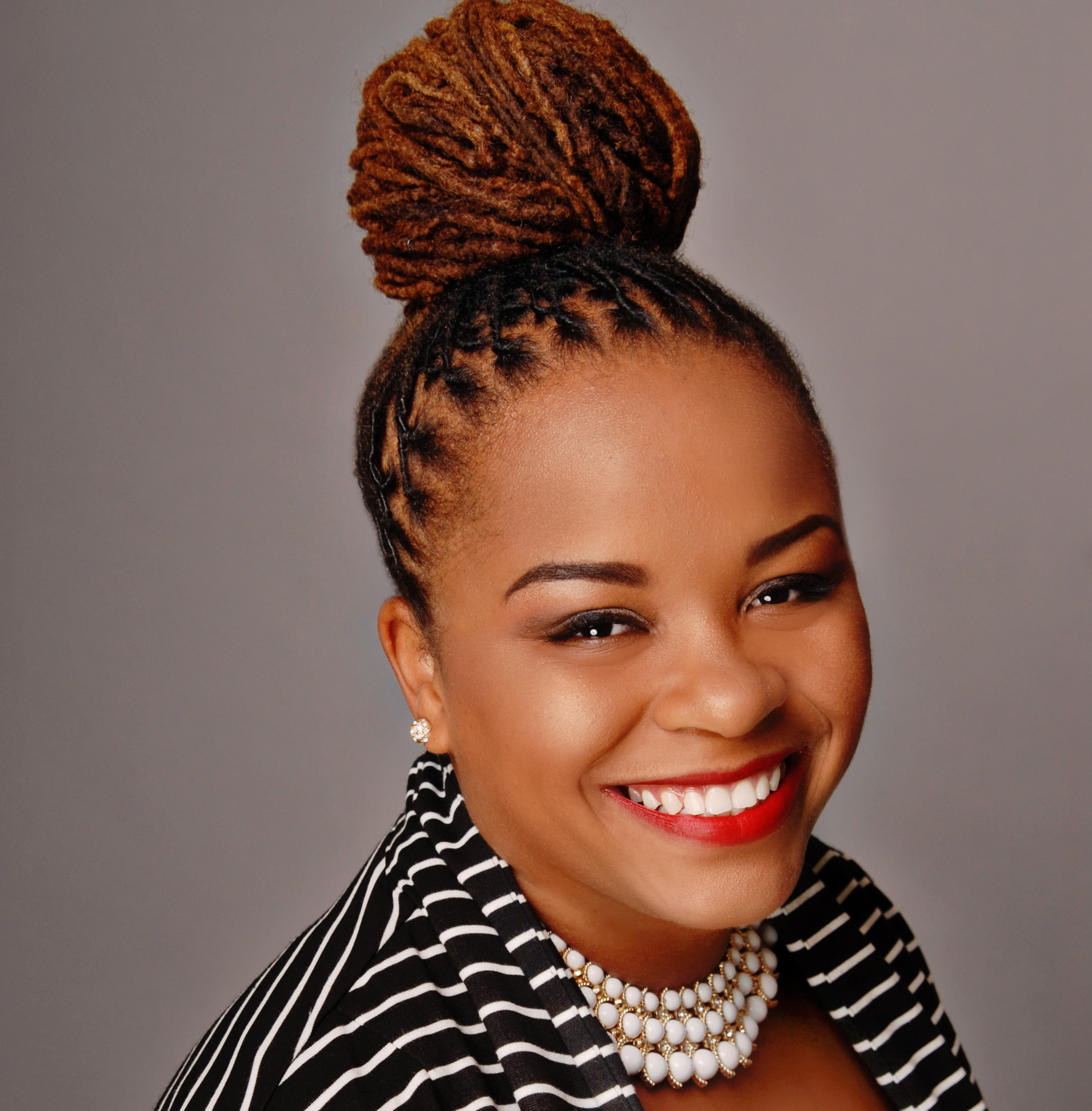For 102 years, November 13th has been marked by the birthday of McDonald Williams. This year is the first without him. Some would say I had to have known it would come someday. And that’s true. It still doesn’t change the profound sense of loss I feel—the loss of the comfort that comes with knowing the greatest man I’ve ever known was somewhere in this world with me.
To generations of his students, Dr. McDonald Williams was likely a kind but consistent taskmaster. After all, a 45-year teaching career easily lends to a master teacher, many, many students. But by the time I met “Mc” I was a junior at Fisk University and he had some time ago, retired from a lengthy and distinguished career at the neighboring Tennessee State University.

I met he and his equally, if not more, formidable wife Dr. Jamye Coleman Williams at their then-home in the quiet Bordeaux neighborhood of North Nashville. There, generously-sized houses dotted much larger yards as evidence of a lifetime of hard work by a striving black, professional middle class. The Williamses’ home was no different.
Having practiced getting there the previous day, I arrived on time to conduct an oral history of them both for the Washington, D.C.-based National Visionary Leadership Project. And with my equipment in tow, met them for the first time when I knocked on their front door.
Like finding their home, I’d also given some time to finding out about them as individuals and as a couple. I knew they were both retired college professors and in their mid-80s. Jamye’s long list of professional credits also included history-making political savvy in the African Methodist Episcopal Church. All of this had been amassed over the course of their then-more than half-century long marriage.
As an 80s baby, I’d grown up watching The Cosby Show but I didn’t know anyone who could lay claim to dynamics between Cliff and Clair Huxtable, much less a couple who could for as long as Mc and Jamye.
While setting up my equipment, we hit a snag. The Williamses’ home was only equipped for two-prong electronics. And something essential was three-pronged.
It was no problem at all. Mc would fix it. As he donned is outer coat, Jamye reminded him that he too needed a hat. And in what seemed like moments, he was out of the door and in his car on the way to the nearby hardware store.
The time that it took for Mc’s return was not agonizing—and remaining alone with Jamye, who I didn’t know, was not at all like being stuck with a stranger. In a house that I’d never before visited, I felt strangely at home.
Still, I felt kind of guilty sending an old man out into the Nashville cold. But he had insisted.
Growing up as the only child of a single mother, I’d never had the luxury of depending on a man—no matter how dependable the best men can be. So when Mc returned triumphantly, I was relieved.
Jamye, on the other hand, knew he’d be fine. She had the confidence of a lifetime of Mc doing what needed to be done as he said he would.
But even though he had gotten the adapter, his voice was, to Jamye, noticeably hoarse. As he settled in the living room in preparation for the interview, she called out from the kitchen about whether he needed or maybe wanted tea—which of the two, I can no longer recall.
“No, dear,” he responded. Insisting that he was okay.
Are you sure? I really think you should, she conveyed in less than these exact words.
“Sweetie, I’m fine,” he again, insisted.
Finally, it seemed, Jayme relented.
Two minutes later, the whistle of the tea kettle ran out.
“Mc! One sugar or two?” asked Jamye.
That was the moment that taught me everything I would come to know about the Williamses.

After 75 and a half years of marriage, they still had more to say to each other than any other two people I know. They loved each other more earnestly, more unapologetically, more unselfishly, more authentically, and more completely than I’d have ever thought possible.
A black man could love a black woman—the strongest black woman—without apology, without bravado, a without raising even his voice.
His love could call out to her from an oversized chair in the unsuspecting corner of a room, even when her personality naturally lent her the center stage.
For most, manhood roars. But for this man, it was a loud quietude.
It shouted only in the dedicated pronouncements of red ink on generations of student scholarship. It left its religious denomination in favor his wife’s because it was important to her to remain in the church her family had helped to build.
He was not threatened by her opinions, her ambition, or her acclaim.
He was the only man I can recall, ever to greet me by holding my face in the palms of his hands as though I was the most precious thing in the world.
He was the man, only weeks before his passing, to summons the presence of his love to ask whether or not I’d eaten during my last visit at his home.
He was a good man, unbothered by the trappings of great men.
His life and his love is a manual for manhood. It is because of Mc, that I know manhood in black men is a more than reasonable expectation; it is a standard. And he, for me, will always be its exceptionally exceptional standard-bearer.
He was the greatest of good men—and having known him has been one of the greatest gifts of my life.














He was an #A-1 son to his mothe who was a member at Holy Trinity Episcopal Church. It is still located in mid-town Nashville and he saw to it that she was at every service/activity she desired.